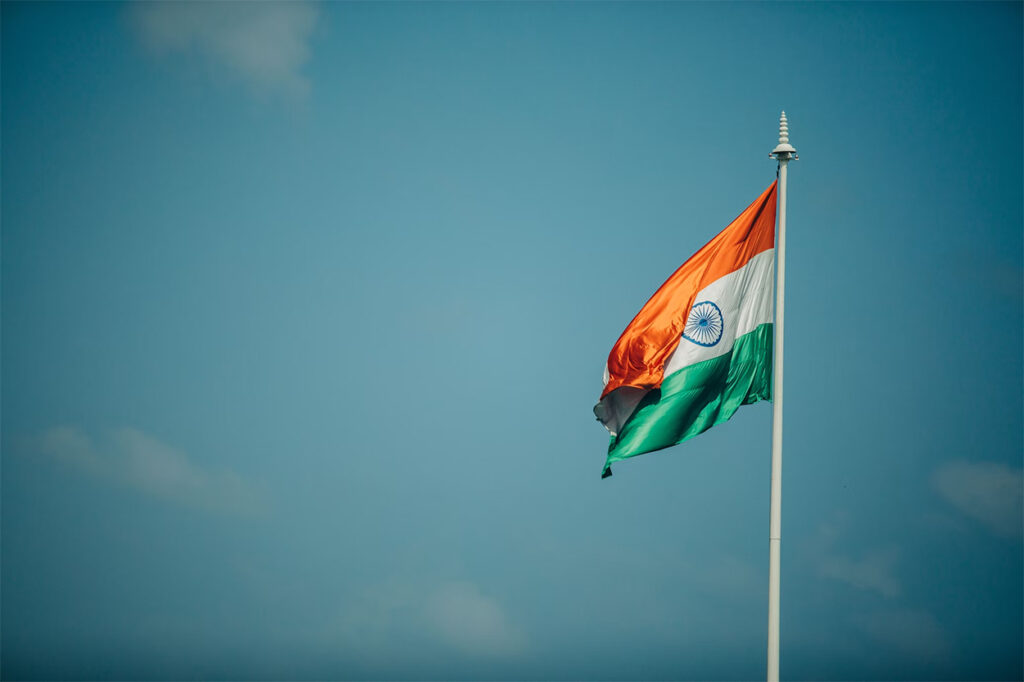India Urges Social Media Giants to Clamp Down on Deepfake Content
In an era where the line between reality and digital fabrication is increasingly blurred, the emergence of deepfakes — highly realistic digital manipulations created using advanced artificial intelligence — has become a pressing global concern. Recognizing the profound implications these technological marvels hold for misinformation and public trust, the Indian government has taken a firm stand. Spearheading initiatives to regulate this burgeoning digital phenomenon, India’s actions underscore a growing international awareness of the need for stringent oversight in the digital realm. This article delves into India’s proactive measures, detailing the government’s directives to major social media platforms, the response of corporate giants like Facebook and YouTube, and the broader global context in which these efforts are situated. As deepfakes continue to challenge the very fabric of perceived reality, India’s stance offers a critical lens through which to view the evolving landscape of digital ethics and global information integrity.
The rising concern of deepfakes in digital media
The advent and proliferation of deepfakes in digital media, marked by their potential to distort reality and spread misinformation, have emerged as a significant concern. These sophisticated digital manipulations, created using advanced AI algorithms, can convincingly depict individuals in falsified scenarios. This technology, particularly in nations like India with its vast population, raises serious questions about information integrity, potential for political manipulation, and public trust in digital content.
Government’s directive to social media companies

In response, the Indian government, led by Deputy IT Minister Rajeev Chandrasekhar, issued a directive to major social media companies, including Facebook and YouTube. The directive mandates compliance with local laws prohibiting deepfake content and misinformation, focusing on content harmful to children, obscene, or impersonating another person. This reflects a broader governmental effort to ensure digital platforms actively participate in safeguarding the digital ecosystem against AI-generated false content.
Corporate responses and compliance efforts
In response, major social media companies have begun implementing strategies to combat deepfake content. Their efforts include enhancing AI-driven detection systems and updating user terms of service to prohibit such content. Furthermore, these companies are exploring user education to help discern between authentic and manipulated media, acknowledging their responsibility in safeguarding the digital landscape.
Broader context and global implications
The issue of deepfake regulation extends beyond national borders, highlighting the need for international cooperation in regulating AI, as emphasized by Prime Minister Narendra Modi at the G20 summit. The global spread of deepfakes threatens not only political discourse within nations but also international relations and the global information ecosystem. Countries are now establishing legal frameworks and strategies to mitigate these risks, with India’s proactive measures underscoring the need for a coordinated global response.
As the digital age advances, the challenge of regulating deepfakes stands as a crucial test of our ability to balance technological innovation with ethical responsibility. India’s proactive approach, marked by stringent directives to social media giants and a call for global collaboration, sets a precedent in the fight against digital misinformation. This initiative not only addresses immediate concerns within its borders but also contributes significantly to a larger global conversation on the governance of AI technologies. As nations around the world grapple with similar issues, India’s efforts underscore the importance of collective action and shared responsibility in shaping a future where the integrity of digital content is upheld, ensuring a safer, more trustworthy digital environment for all.

